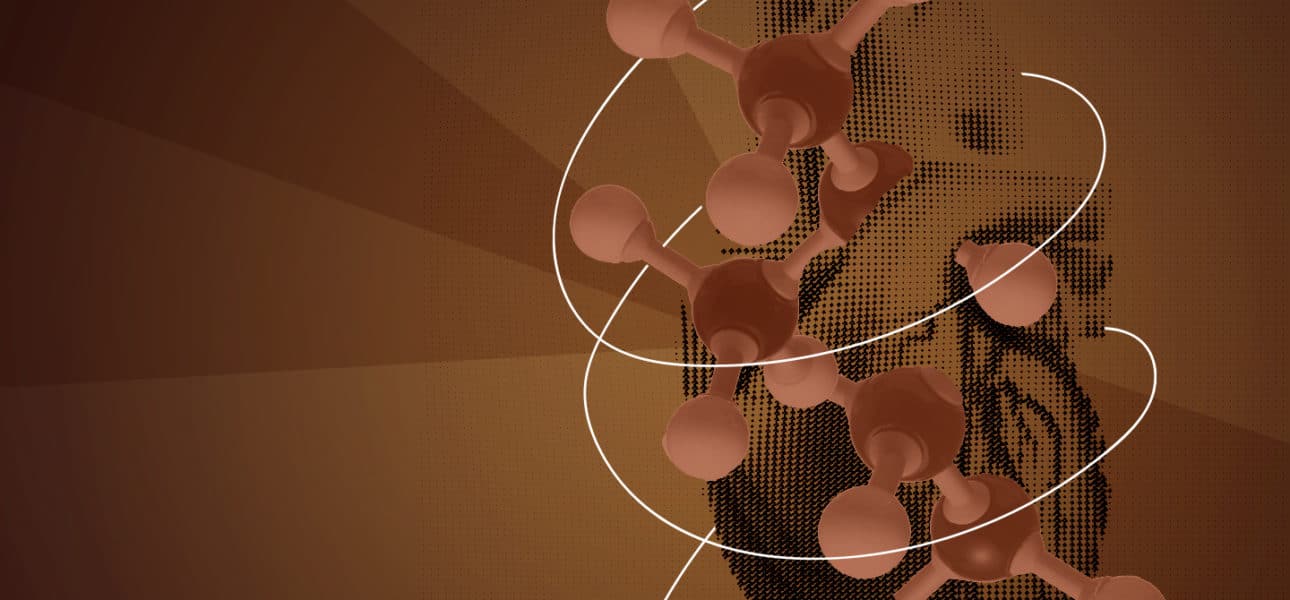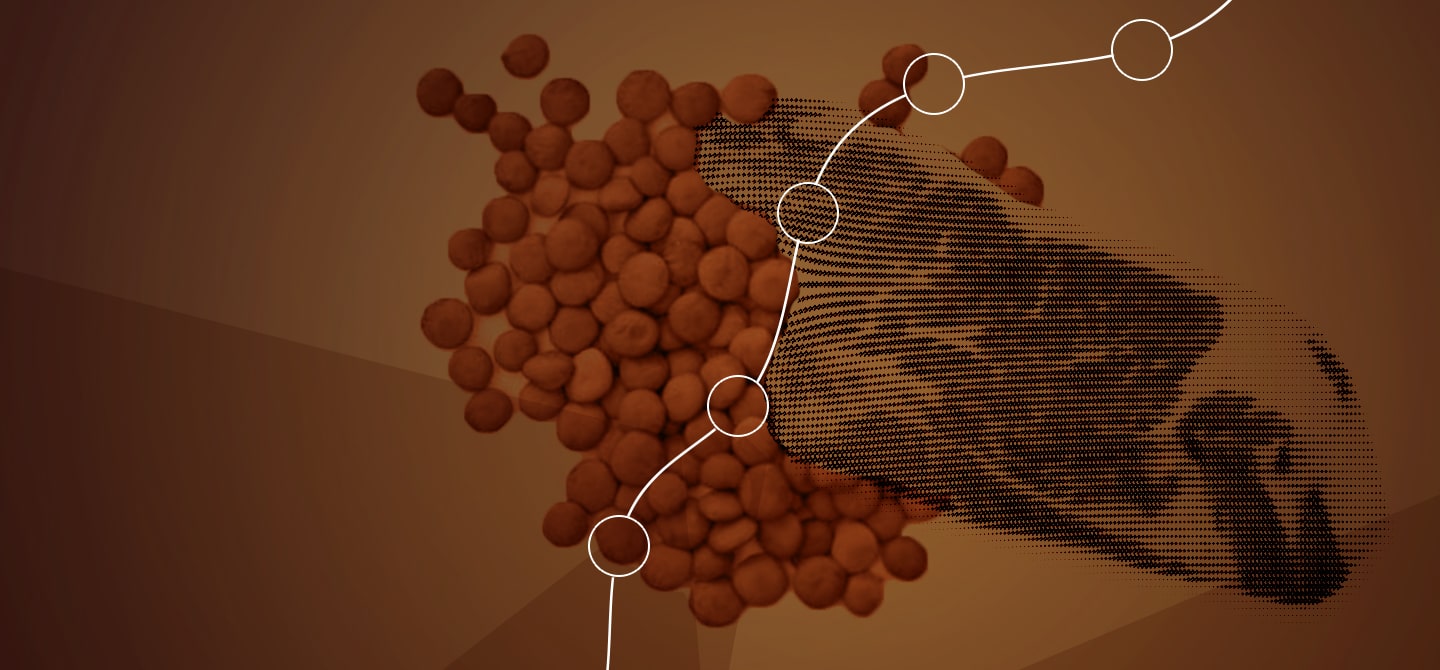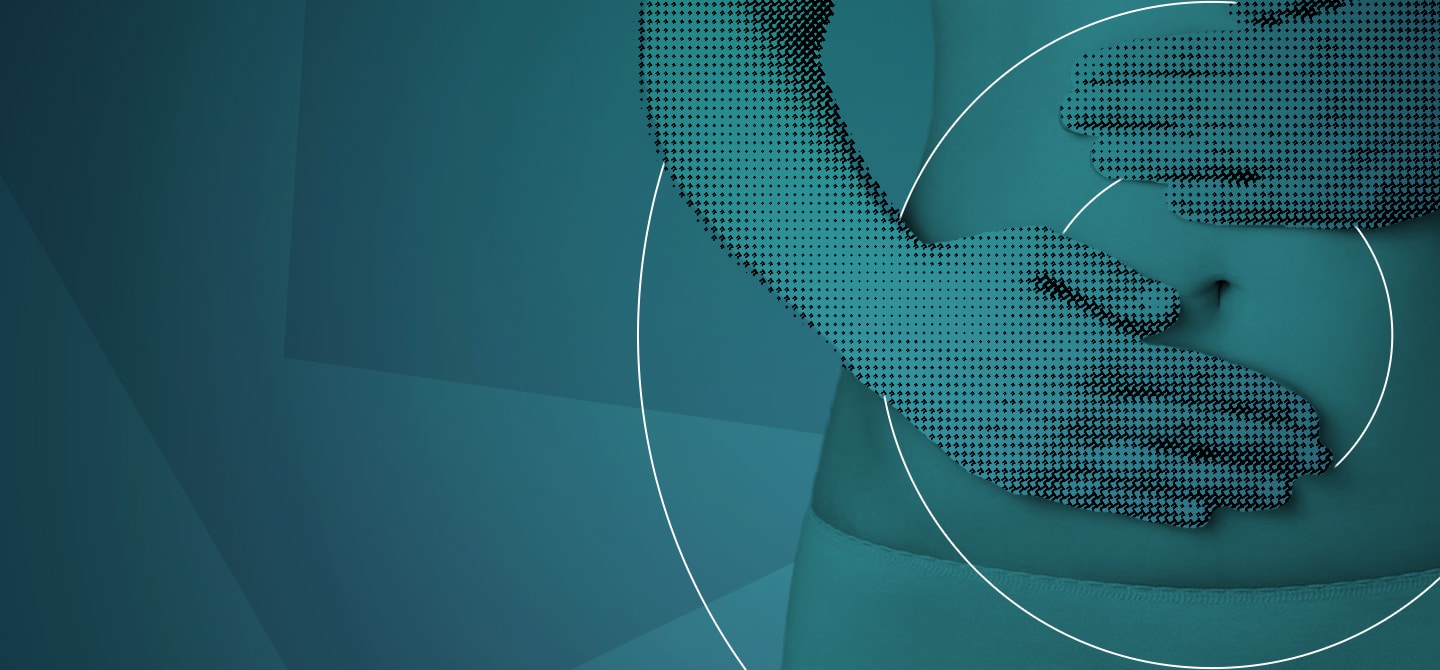This is one issue that does not really divide the nutrition research community very much. Everyone agrees, with more or less reservation on certain points, that animal products are not indispensable for maintaining good health. In reality, the differences generally centre on precise points: are we considering the health of the individual or of a population? The optimality or viability of the diet?
François Mariotti, professor of nutrition at AgroParisTech and an expert in public health nutrition helps us unravel these issues, which can be difficult to understand if we do not have a good knowledge of nutrition. It should be noted that the framework of this interview focuses solely on the issue of human health and food without taking into consideration other major issues such as animal ethics or the negative externalities of livestock farming.
Chemically speaking, there is no difference between so-called animal proteins and so-called plant proteins. Based on this observation, can we consider that a strictly plant-based diet that is well managed can meet the population’s protein needs?
François Mariotti. We often hear that the proteins contained in plants lack one or more amino acids, the basic units of molecules such as peptides and proteins. And it is important to understand what is meant by this because it is often misunderstood. The reasoning behind the fact that certain proteins contained in plants are limiting is based on a virtual situation. In theory, we can imagine an individual consuming only a particular protein (from wheat, rice, eggs, etc.) in a quantity just sufficient to cover his or her nitrogen requirements, i.e., to meet his or her total protein needs. From this fictitious situation, we ask whether this individual ingests enough of each amino acid to cover his or her amino acid requirement.
With this type of reasoning, one can arrive at the above-mentioned conclusion that such and such an amino acid is missing in such and such a protein – essentially lysine in cereals. But it is clear that this situation is purely theoretical. Firstly, people do not consume only one particular protein, secondly, the proteins contained in plants complement each other very well and thirdly, adults and children in France today consume more protein than is necessary to meet their needs. We can therefore conclude that the proteins contained in plants could meet the total protein needs of the population without any problem, except in special cases (mainly people suffering from or at risk of malnourishment).
Amino acids
While in common language we often associate proteins with muscles, it is important to understand that their biological utility goes far beyond that. All cells, no matter which organism we are talking about, are largely composed of proteins. They play essential roles:
• Enzymatic, allowing certain essential chemical reactions to take place;
• In the immune system, for example antibodies which are glycoproteins;
• Or structurally, the cytoskeleton (an organelle found within our cells) which gives shape to our cells is composed of protein filaments.
To make proteins, our body needs twenty amino acids, nine of which are essential, i.e. our body cannot make them itself like other molecules such as vitamins. They must therefore be provided by the diet to meet our nitrogen requirements and enable our body to manufacture most of the molecules that make it up.
There are nutrients (vitamins, minerals, fibres, trace elements) that are present in animal products and absent from plant products containing proteins and vice versa. Can we meet our needs for these compounds with a strictly plant-based diet?
These differences are called the “protein package” to characterise the nutrients associated with the proteins contained in animal and plant products. And this is where the question becomes more complicated, because when we go without animal products, it is not so much the proteins that are problematic but rather certain associated compounds. The same is even more true if we go without plants.
In public health, we ask ourselves questions about safety in relation to these issues. Will an individual who stops consuming animal products, or even products of animal origin, be able to obtain, via other foods, sufficient quantities of compounds of interest such as vitamin B12, iron, zinc, calcium, iodine, and the omega‑3 fatty acids eicosapentaenoic acid (EPA) and docosahexaenoic acid (DHA)?
Dietary recommendations depend on a number of factors such as the extent to which the diet is plant-based. The problems are not the same for flexitarians, pesco-vegetarians, lacto-ovo vegetarians or vegans, and the diversity of the diet. For example, for vitamin B12, supplementation is justified in lacto-ovo vegetarians and is essential in vegans or serious neurological problems may occur in the short term. For the other compounds, the question lies rather in the degree of veganisation and the difficulty of balancing one’s diet. This is still possible but requires knowledge and attitudes that are not readily available.
To compensate for this, plant foods can be enriched with certain important nutrients. In France, these enriched foods are not widely available on the market, even though they are of real interest to public health, given that more plant-based diet impacts populations that are far removed from the “hipster” caricature, often young and in precarious situations and therefore at high nutritional risk.
We know that eating a plant-based diet is good for your health, but to what extent?
All recommended diets include a much higher consumption of plant than animal products. It is clear that there are health benefits to moving towards a more plant-based diet, often to a greater degree than suggested by recommendations that consider parameters such as cultural norms and general population feasibility.
Personally, I think there is no point, nutritionally speaking, in cutting out animal products that have interesting nutritional contributions. To illustrate my point, I find a benefit in cutting out red meat, whereas I find no benefit – again from a nutritional point of view – in cutting out fish, especially fatty fish. Nevertheless, it is possible to do without animal products and products of animal origin, as we mentioned earlier, but from a strictly human health point of view, this is probably not the best diet, which would be a predominantly plant-based diet with a small amount of animal products.
If you had to give a summary answer to this complex problem, where even with precise answers it is difficult to see clearly, what would you say?
The point to remember in the field of nutrition is that we need to make the right diagnoses and know what to look out for. Questions about the protein needs of children if they don’t eat meat or eat very little meat are still being played out in public debate, but these are outdated questions that have been settled. On the other hand, we must focus on what can be problematic in lacto-ovo vegetarian or vegan diets, such as the status of iron, zinc, calcium, and iodine.
Finally, I would like to add that it is not particularly useful to oppose animal and plant sources as a whole from a nutritional point of view and that rather we should reason in terms of food categories as dietetics professionals do. There are beneficial animal foods – poultry for example – and even very beneficial ones such as fish, and plant foods to be avoided such as refined cereals. Conversely, there are very beneficial plant foods such as fruit and vegetables, wholegrain cereals, legumes and nuts and animal foods to be avoided such as red meat and cold cuts.








